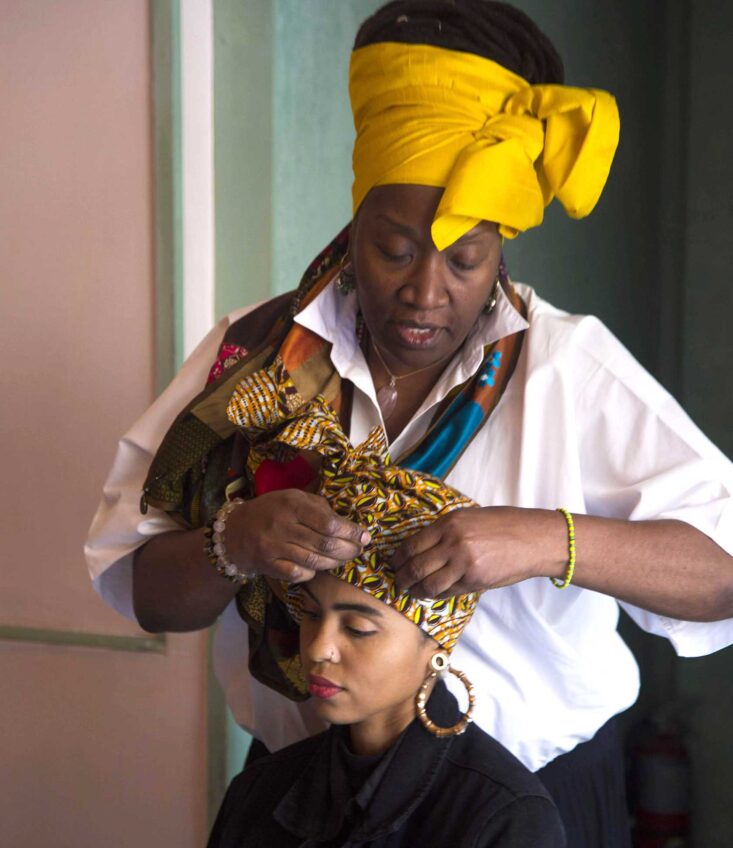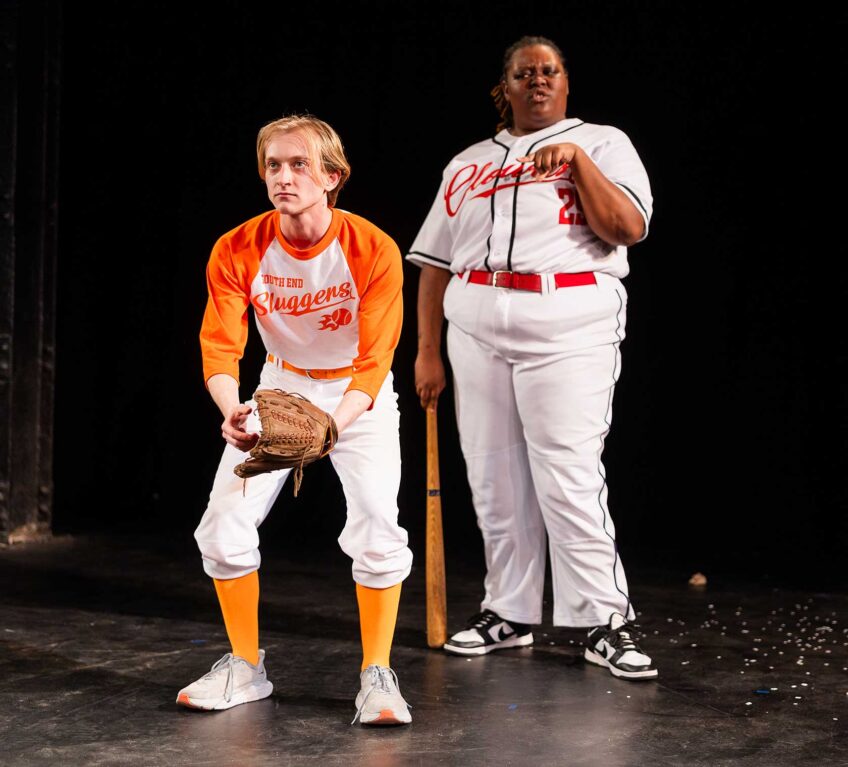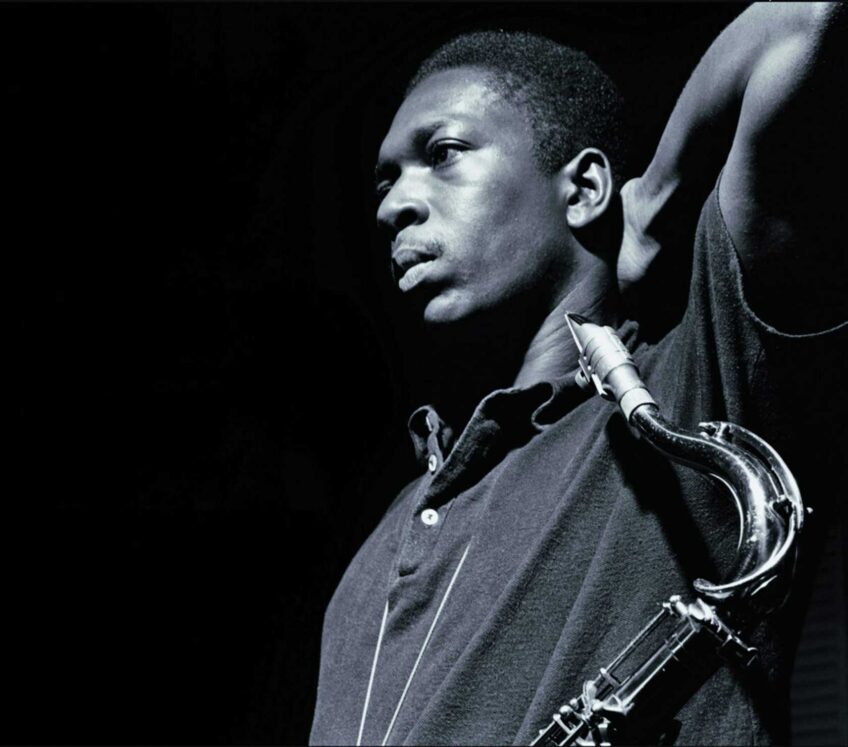
“It was a powerful opportunity to be of service,” Rick says.
Another festival selection, “The Barber of Kigali,” is based on the true story of a Rwandan refugee living in Toronto and working as a barber who confronts the Hutu colonel that killed his father during that country’s genocide more than 10 years ago.
The film’s director, Jamie Cohen, is also a teacher, and says he was inspired to make this story one day after a guest speaker named Patrick Rambunga came to his class. Now an older man studying philosophy at the University of Toronto, Rambunga survived the Rwandan genocide as a 13-year-old boy after watching his father murdered in front of his eyes.
“I’m a teacher in an economically disadvantaged area in Toronto, and I saw my students transformed by this man’s story,” he says. “I wanted to try and tell the story through a survivor’s eyes.”
Only five minutes long, the film creates an intimate encounter with revenge. Cohen says he was also trying to offer a new perspective.
“I like when a film educates, as long as I am not preached to,” he explains.
Not all films on display at BIFF are as emotionally loaded. The three-minute short “Think: Live Earth,” challenges viewers with the question: What does it take to change a planet? Told from the perspective of a grocery clerk and a woman buying milk from his store, the film takes a funny and unexpected look at choices made to help save the earth.
Some of the festival’s feature-length entries, like the 89-minute “This is Not a Test,” deal with heavier themes. Directed by Christopher Angel, the film tells the tale of Carl Ashby (Hill Harper) and his wife Viv (Robinne Lee), a loving couple in Los Angeles grappling with starting a family.
Carl has serious reservations about fatherhood because of the world’s tense, tenuous state; plagued by terrorist threats and the Department of Homeland Security’s ever-present danger alerts, he spirals into a world of desperation and fear that threatens to tear his marriage apart.
Angel says the film grew out of his personal experiences — and fears.
“I was trying to decide if I was going to be a father,” he says.
As he continued to pursue his dream of filmmaking, the decision took on greater weight, he explains, particularly as disastrous events unfolded around the country. One of those events was Hurricane Katrina. Before the destructive storm, he had been working on a project in New Orleans. The hurricane hit soon after he left, and he was troubled by what his friends were sharing with him.
“People kept telling me it was like a bomb went off,” he says.
As the idea for “This is Not a Test” began to take shape, Angel started to wonder what would happen if a catastrophic event hit Los Angeles.
“It made me think,” he says. “What would it be like, no warning, no real help from the government — what would that look like?”
Despite the frightening questions that set the film in motion, “This is Not a Test” also displays a tender side, exposed in the examination of Carl and Viv’s relationship. That the film’s two stars are African American isn’t necessarily purposeful — Angel says Lee was cast as the female lead because the two were friends when they were at USC, and that Harper was cast later, after being approached to produce the film. Angel says the film is colorblind, focusing not on race, but rather on being with the person you love, no matter what the odds.
Tom Arnold, who attended the film’s screening last Friday night, plays himself in a supporting role, bringing some comic relief to Angel’s script. He admitted that the movie’s theme was a draw, and also acknowledged that there is an appeal to working on an independent film with a budding new director.
“You can write your own lines, and you know you’re helping someone,” he said. “I try to help new filmmakers.”
The Boston International Film Festival runs through Saturday, June 14.
For a full schedule, show times, tickets and more information, visit www.bifilmfefstival.com.






